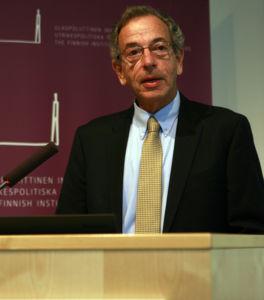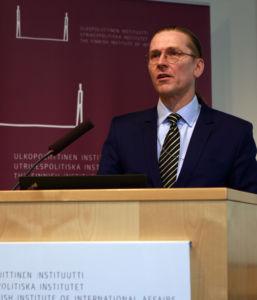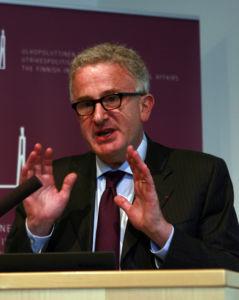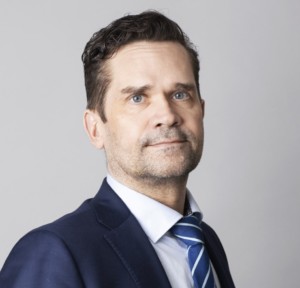The 4th Annual Helsinki Summer Session is an interdisciplinary event organised by the Center for US Politics and Power (CUSPP) at the Finnish Institute of International Affairs. This year’s event brings together researchers and experts from Europe and the United States to discuss the future of the transatlantic relationship.The opening day will consist of panel sessions on three crucial topics.
The first panel will focus on the future of collective defence and the NATO alliance, which has remained a key pillar of the post-Cold War European security order despite questions regarding its ability to adapt to the challenges of the 21st century. The panelists will address the future prospects of collective defence in the Trump era, and the military and political measures the alliance is taking to meet the challenges of the coming decade, along with the role that NATO’s Enhanced Opportunities Partners can play in the future.
The second panel will examine the Baltic Sea Region and the High North Maritime Environment. The strategic importance of these areas has been magnified in recent years. Issues such as energy security, environmental risks, deterrence, and economic interests animate the calculations of the US, Europe and Russia. Against this background, the panelists will discuss the present and foreseeable security challenges in the Baltic and the High North, and also consider potential pathways for striking the balance between securing vital interests of the transatlantic partners and avoiding further escalation of tensions with Russia.
The third panel assesses external attempts to influence democratic elections. The Russian operation targeted at the US presidential elections has cast a shadow on Donald Trump’s presidency, and others – France, for example – experienced similar attempts to interfere with its elections. This is indicative of the potential of such actions to delegitimize the core processes and institutions of Western democracies, and raises concerns regarding the ability of democratic states to respond to such hybrid threats in the future. The panel will explore how election-influencing operations are conducted, what lessons can be drawn from the 2016 US presidential election and 2017 French elections, and which measures are available for Western states to increase the resilience of their democracy.




